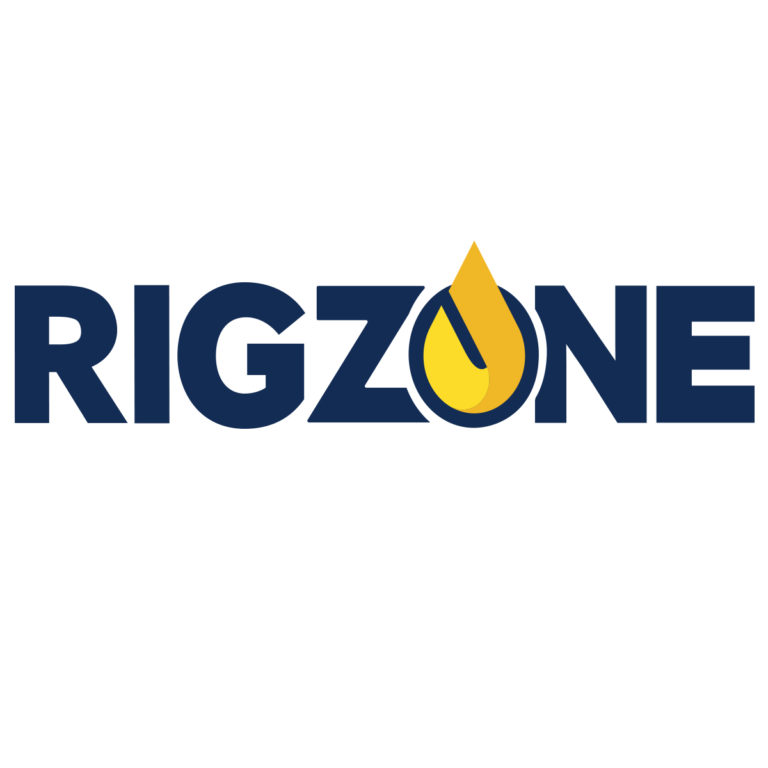
The Age Of U.S. As A Middle East Power Broker Is Over
- The U.S. downplayed the importance of the China-brokered normalization deal between Saudi Arabia and Iran.
- The U.S. withdrawal from the JCPOA has resulted in a more aggressive stance from Iran.
- The burgeoning relationship between China and Iran – and China and Saudi Arabia – in recent years, Beijing was ideally placed to broker the landmark Iran-Saudi Arabia deal.
Although White House national security spokesperson, John Kirby, did observe tersely that the deal done on 10 March between Iran and Saudi Arabia to re-establish relations “is not about China”, it absolutely was about China. What it absolutely was not about was the U.S. The biggest diplomatic coup in the Middle East since at least the signing of the Joint Comprehensive Plan of Action (JCPOA) between the P5+1 powers and Iran in 2015 had been brokered by China, without any involvement at all from the U.S., and every country in the world and in the Middle East knew it. The landmark deal between the two longstanding arch-regional enemies – Shia Iran and Sunni Saudi Arabia – was just the sort of far-reaching geopolitical coup that the U.S. had wanted to achieve in its ‘relationship normalisation deals’ program that had followed its unilateral withdrawal from the JCPOA in May 2018. In short, as it stands, China is winning by a long way in the superpower battle for the Middle East. There are many solid reasons why the U.S. pulled out of the JCPOA and they are all analysed in full in my latest book on the global oil markets. In essence, it came down to the view of former U.S. President Donald Trump (highly encouraged by his Secretary of State, Mike Pompeo, and National Security Advisor, John Bolton) that Iran should sign up to a much tougher version of the JCPOA – the one that his predecessor, Barack Obama had originally wanted – or that the U.S. should effect regime change in the country. This would be done by reimposing a full spectrum of sanctions on Iran to cripple its economy and to cause popular unrest sufficient to topple the country’s political leadership. In either event, the catalyst would be the U.S. pulling out of the in-place JCPOA, which is what it did on 8 May 2018.
Related: UK Strikes To Cause A ‘Tsunami’ Of Unrest For North Sea Oil And Gas
This withdrawal by the U.S., though, led to the emergence of an even more aggressive Iran. The Islamic Republic, once again increasingly under the control of the guardians of the 1979 Islamic Revolution – the IRGC – redoubled their efforts to spread their own particular brand of Islam across the Middle East through their military, economic, and political proxies, and to enrich uranium to weapons grade as quickly as possible. Within a relatively short period, the ‘breakout time’ – the time required to produce enough weapons-grade (90 percent of its fissile isotope U-235) uranium for one nuclear weapon – had shrunk from a year to around three weeks. According to even official guidance (from the International Atomic Energy Agency), uranium particles enriched to 83.7 percent purity have been found at Iran’s underground Fordo site.
China’s role in all this was broad and deep from even before the U.S. withdrawal from the JCPOA. Beijing’s policy for years has been to overtake the U.S. as the leading superpower in the world in order to replace the core Western values of the rights of the individual, democracy and free speech, with its own values centred on the rule of the state in all areas. To do this, China has been using the money made from its stellar economic growth since the mid-1990s to make investments (mainly in the form of loans) to countries that it sees as being vital to the creation of its own network of power, to rival the U.S.’s. Beijing’s network of power is formalised in the shape of China’s ‘One Belt, One Road’ initiative, as also analysed in full in my latest book on the global oil markets. Given the Middle East’s geographical position and its vast oil and gas resources, China has long targeted a steady accretion of its influence in these states. In Iran’s case, this was achieved through the ‘Iran-China 25-Year Comprehensive Cooperation Agreement’ first revealed anywhere in the world in my 3 September 2019 article on the subject.
The ability of China to continue to seamlessly execute this plan was made easier by the U.S.’s withdrawal from the JCPOA and from the Middle East more broadly during the presidential tenure of Donald Trump. Trump’s view was encapsulated in his commencement address to the United States Military Academy at West Point on 13 June 2020. He said: “We are ending the era of endless wars. […] It is not the duty of U.S. troops to solve ancient conflicts in faraway lands that many people have never even heard of. We are not the policemen of the world.” This view was again entirely understandable at the time. The U.S. was in the midst of the COVID-19 pandemic and its supposed long-standing Middle Eastern ally, Saudi Arabia, had just instigated the second oil price war in less than five years against it, aimed at destroying its shale energy sector. This was essentially an attack on the U.S. itself, as the shale energy sector gives the U.S. some degree of energy independence from those countries in OPEC and OPEC+ who had tried to cause it harm before, notably in the 1973 Oil Crisis and in the 2014-2016 Oil Price War. Following this speech, the U.S. withdrew not just from the JCPOA with Iran but withdrew some or all of its presence from Syria (in 2019) – including from the strategically vital At-Tanf exclusion zone that was the tri-border junction of Syria, Jordan, and Iraq – Afghanistan (2021), and Iraq (2021).
Another key problem that had been created by the U.S.’s withdrawal from the JCPOA and the corollary increasing aggression of Iran was that Israel felt increasingly threatened. Israeli Prime Minister, Benjamin Netanyahu, made it very plain to Trump in 2019 and again in early 2020 – when new intelligence regarding Iran’s nuclear capabilities came across his desk – that if the U.S. did not do something to halt this progress then Israel would take matters into its own hands. The U.S. knew that any escalation by Israel against Iran, over and above the covert operations that it had been doing that fell under the definition of outright war, could be a catalyst for a widespread conflict across the entire Middle East. Such a scenario could eventually draw China and Russia into the conflict, in direct opposition to the U.S., and could lead to nuclear conflict. The solution that Trump’s team came up with was the ‘relationship normalisation deals’ program that would draw in several Middle Eastern countries into a broad cooperative alliance, including the sharing of intelligence resources, to counter the rise of Iran. The first of these deals was signed on 13 August 2020 between Israel and the United Arab Emirates, brokered by the U.S. At the same time, Israel’s Netanyahu announced that he was suspending plans to annex more areas of the West Bank that Israel had seized during the 1967 Six Day War. This structure of cooperation was augmented by another relationship normalisation deal in the Middle East between Israel and Bahrain on 11 September 2020, and two further deals in Africa, with Morocco in December 2020 and with Sudan in January 2021.
There were plans for more such deals but these would in part be dependent on the support of Saudi Arabia, as also analysed in full in my latest book on the global oil markets. When Joe Biden took over as president in 2021, though, all cooperation ceased on the part of the Saudis, given the new president’s well-known views on the Kingdom and on Crown Prince Mohammed bin Salman personally. Biden’s starting point was made clear on 2 October 2020 when he said that any presidency of his would seek to: “Reassess our relationship with the Kingdom [of Saudi Arabia], end U.S. support for Saudi Arabia’s war in Yemen, and make sure America does not check its values at the door to sell arms or buy oil.” During the same speech – which marked the second anniversary of the murder of expatriate Saudi journalist Jamal Khashoggi that according even to the CIA was carried out on the personal orders of the Crown Prince – Biden appeared to endorse the CIA’s findings. This personal hostility was reciprocated when MbS refused even to take a telephone call from Biden in which he wanted to request Saudi help to bring down sky-high energy prices following Russia’s invasion of Ukraine.
Given this, and the burgeoning relationship between China and Iran – and China and Saudi Arabia – in recent years, Beijing was ideally placed to broker the landmark Iran-Saudi Arabia deal. Indeed, as reported by me back in May 2021, there were already signs of Chinese involvement in a secret meeting between Iran and Saudi Arabia that occurred around then. Moreover, around the same time as that, MbS stated very publicly that he sought, “a good and special relationship with Iran…We do not want Iran’s situation to be difficult, on the contrary, we want Iran to grow… and to push the region and the world towards prosperity.”
By Simon Watkins for Oilprice.com
ADVERTISEMENT
More Top Reads From Oilprice.com:

Simon Watkins
Simon Watkins is a former senior FX trader and salesman, financial journalist, and best-selling author. He was Head of Forex Institutional Sales and Trading for…
Published at Mon, 20 Mar 2023 17:00:00 -0700





